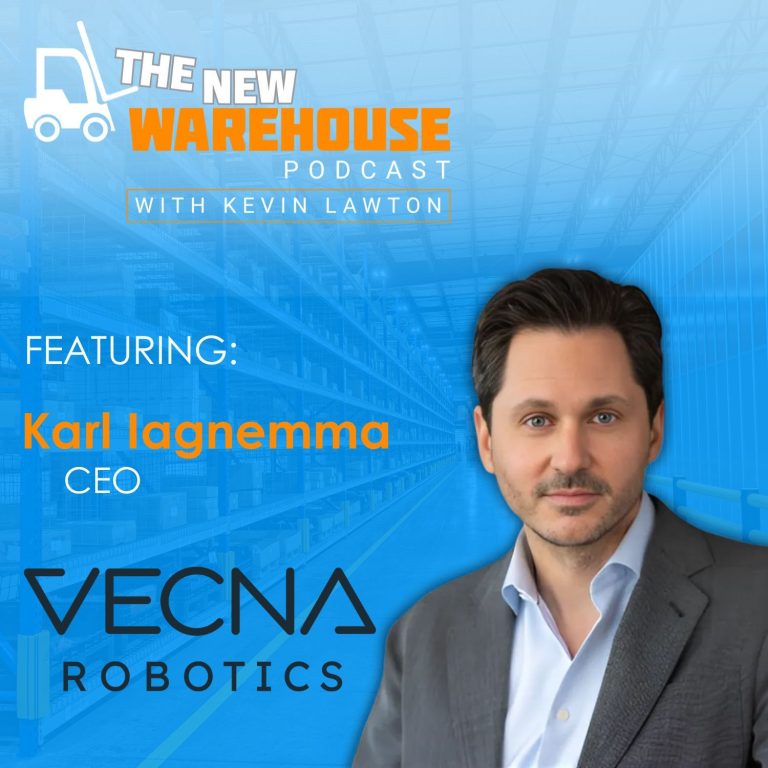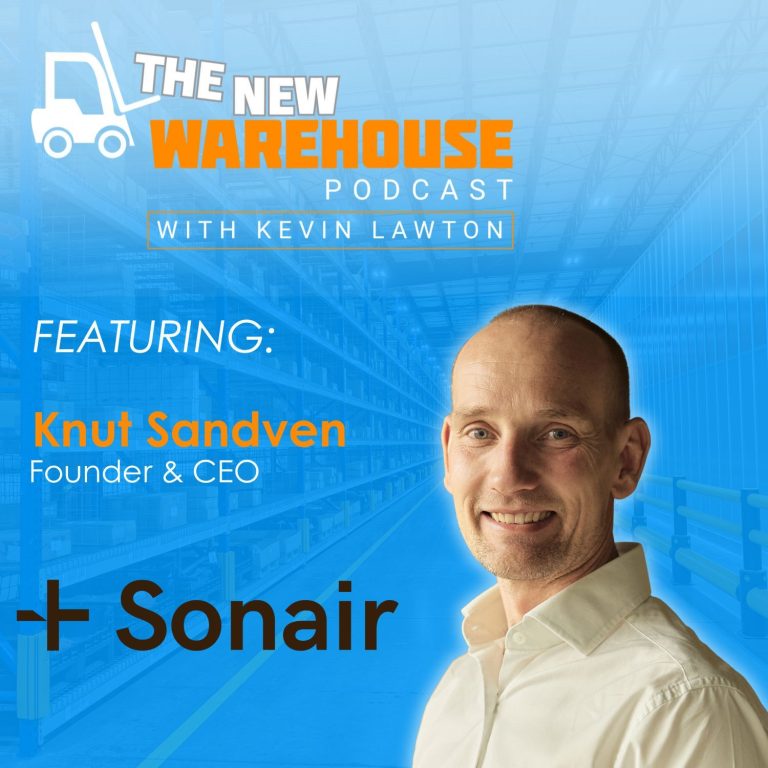In the latest episode of The New Warehouse Podcast, Saleh Elhattab, founder and CEO of Gravity, joins Kevin to discuss sustainability in warehousing. Gravity is a platform that helps organizations understand and reduce their carbon emissions. Saleh’s passion for physical industries intersects with his belief in climate risk and assisting organizations to participate in creating a more sustainable future. As businesses face an increased demand to measure their carbon footprint and understand the impact of their operations on the environment, Gravity offers a comprehensive solution. Tune in to learn more about how Saleh and Gravity are making a difference.
Carbon Footprinting: Understanding Your Emissions
Carbon footprinting is the process of knowing an organization’s or service’s emissions, which are found in the transportation, manufacturing, and construction sectors and, according to Elhattab, comprise 24% of global emissions. Standardization has been used to calculate emissions for two decades, with the Greenhouse Gas Protocol being a canonical example. The quality bar is rising regarding data used in calculations, moving away from industry averages. This shift highlights the importance of accurate and reliable data in understanding and reducing emissions. Elhattab emphasizes the importance of accurate emissions calculations: “As businesses strive for sustainability, it is crucial to move beyond industry averages and focus on empirical data rooted in an organization’s operations. By tracking real-world activities such as fuel consumption and energy mix, we can obtain high-quality data that enables precise emissions calculations and supports informed decision-making for a greener future.”
Gravity: A Comprehensive Solution
Gravity helps organizations meet immediate disclosure requirements, find reduction opportunities, and understand the cost implications on a single platform. They are demystifying sustainability by providing a user-friendly and efficient way to manage emissions data that enables businesses to focus on implementing solutions that contribute to a more sustainable future. Low-hanging fruit solutions to reduce emissions include switching to LED lights and electric heat pumps and looking into alternative fuel sources such as electric vehicles for transportation and delivery.
Overcoming Challenges in the Pursuit of Sustainability
Organizations may face challenges when striving for sustainability, including a lack of shared language, regulation, and access to technology. Businesses can overcome these challenges and work towards a more sustainable future by taking action and collaborating with knowledgeable partners. Elhattab emphasizes the importance of finding someone to lead the charge and partnering with experts who can guide how to begin.
Key Takeaways:
- The demand for measuring and reducing carbon footprints is growing, highlighting the need for businesses to prioritize sustainability.
- Gravity offers a comprehensive solution that helps organizations understand their emissions and identify reduction opportunities.
- Overcoming challenges in sustainability requires strong leadership and collaboration with experts.
EP 387: Demystifying Sustainability With Gravity











